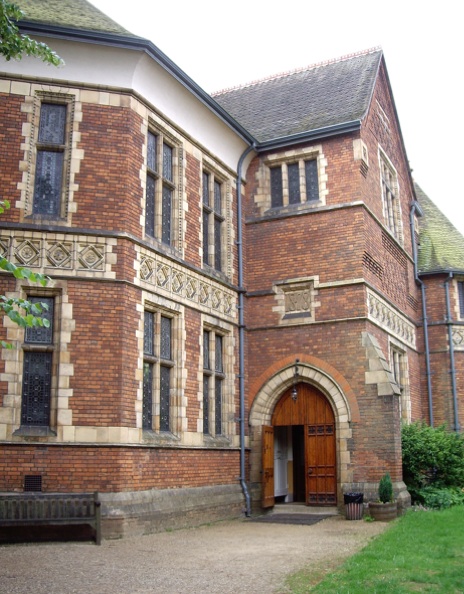 Education
Education Navigating the site:
Paz, Octavio
The Oxford Union was the site of a discussion for one week about educational reform.
Jesus
College, Oxford.
July 2006,
J. Siry
"A manifesto of free inquiry."
These are seven means of educating people for active citizenship in the 21st Century.
Equal opportunity to acquire learning should be available to all those individuals who desire to pursue higher education.
As education is the basis of moral refinement and
- A decent life,
- Access to meaningful work,
- A reasonable means to earn a sufficient income,
- A key ingredient to living well,
The access to post-secondary instruction for all qualified applicants should not be restricted to anyone because of their physical condition, age, race, color, creed, gender, ethnic origins, or ability to pay.
Since the educated citizen is the bulwark of democracy, the funding of education for primary and secondary schools must rest on fair and equitable sharing of common resources and public finances. Inequality in the distribution of money for instruction undermines effective public education.
The freedom of expression is a basic right of all citizens and should not be abridged by restrictions on what may be taught, read, studied, researched, or reported based on an honest commitment to authenticating facts to promote a reasoned exchange of information and exposition of ideas.
The respect for judgment and critical thinking rests, as does all instruction, on actively promoting the safety and security of the classroom, the school and the surrounding community as places where rational expression is encouraged. Personal safety is an essential characteristic of reflective, ethical and imaginative learning.
Writing and speaking well are necessary active practices to further reasoned argumentation, critical thinking, creative expression and solving problems. As such, these exercises should form one among many other important foundations of higher learning.
Promoting rational debate, engaged discussion, reasoned discourse, polite argumentation, and rigorous analysis of alternative means of understanding and expression are necessary observances underlying effective, didactic activities. As such these activities are to be a part of any distinguished education as opposed to an experience in learned indoctrination.
By education, we mean the instruction in reading, writing, speaking, quantitative reasoning, the use of necessary and appropriate hardware and practices in the arts and sciences enabling people to participate constructively in their society and take responsibility for what they know and how they learn.
Education dervives from the Latin root, educare: meaning to nourish inorder to lead or guide a curious learner out of our own inherent narrowness of perspectives and experiences into a more reflective and humane sense of knowing.
Presentation: Two Cultures, Redux
![]()
Science Index | Site Analysis | Population Index | Global Warming Index | Nature Index | Brief | Genetics
Index to genetic's related topics


